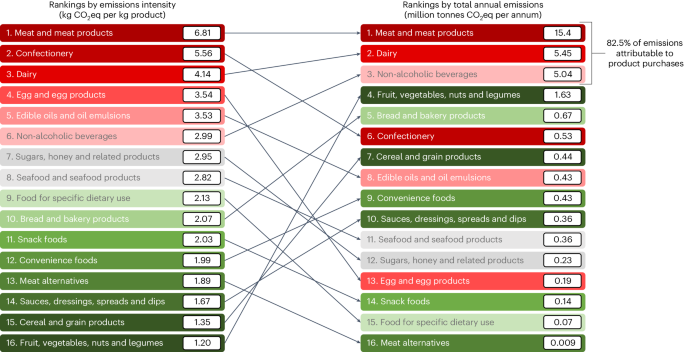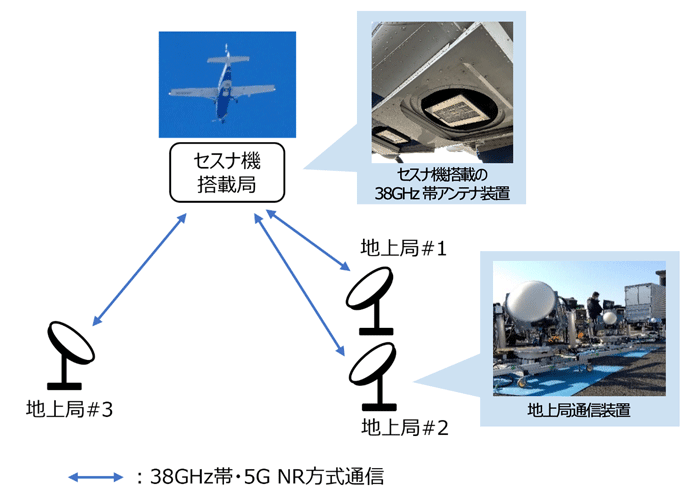2024-05-28 インペリアル・カレッジ・ロンドン(ICL)
<関連情報>
- https://www.imperial.ac.uk/news/253619/food-swaps-could-greenhouse-emissions-from/
- https://www.nature.com/articles/s43016-024-00971-6
食品・飲料製品の購入を切り替えることで、オーストラリアの温室効果ガス排出量を削減可能 Switches in food and beverage product purchases can reduce greenhouse gas emissions in Australia
Allison Gaines,Maria Shahid,Daisy Coyle,Eden Barrett,Michalis Hadjikakou,Jason H. Y. Wu,Fraser Taylor,Simone Pettigrew,Bruce Neal & Paraskevi Seferidi
Nature Food Published:28 May 2024
DOI:https://doi.org/10.1038/s43016-024-00971-6

Abstract
Switching between similar food and beverage products may reduce greenhouse gas emissions (GHGe). Here, using consumer data linked to 23,550 product-specific GHGe values, we estimated annual GHGe attributable to product purchases consumed at home in Australia and calculated reductions from specific switches. Potential changes to mean Health Star Rating, mean energy density and the proportion of ultraprocessed foods purchased were assessed. Approximately 31 million tonnes of GHGe were attributable to products consumed at home in 2019, the three highest contributors of GHGe being ‘meat and meat products’ (49%), ‘dairy’ (17%) and ‘non-alcoholic beverages’ (16%). Switching higher-emission products for ‘very similar’ lower-emission products could reduce total emissions by 26%. Switches to ‘less similar’ lower-emission products could lead to a 71% reduction. Switches had little impact on the average Health Star Rating, energy density of purchases and proportion of ultraprocessed foods purchased. Directing manufacturing and marketing towards lower-environmental-impact products and signposting such options to consumers are key.



